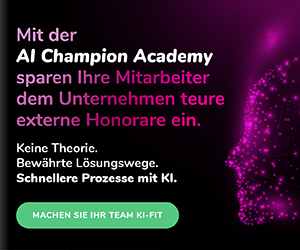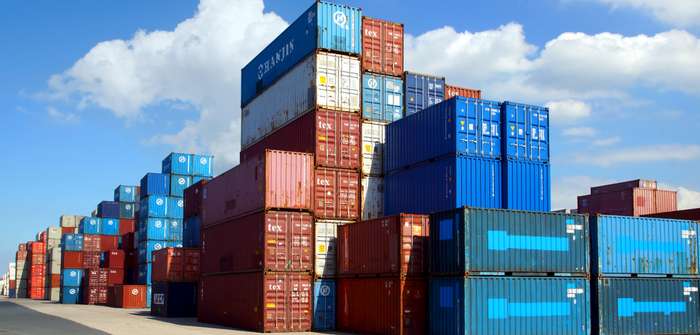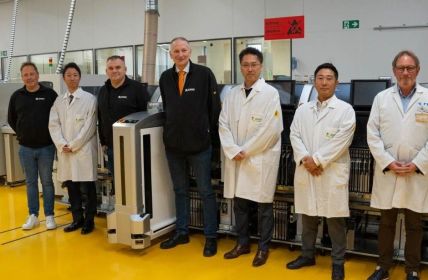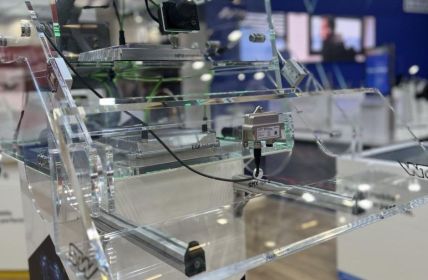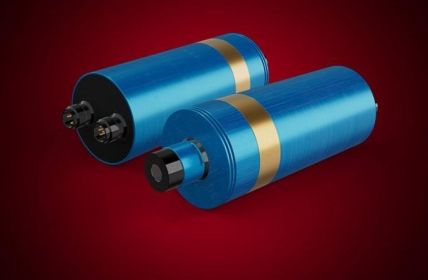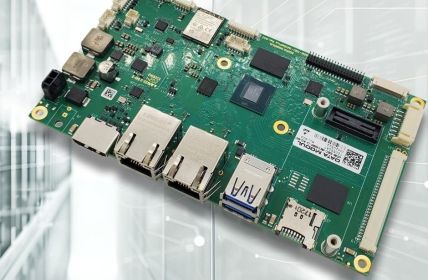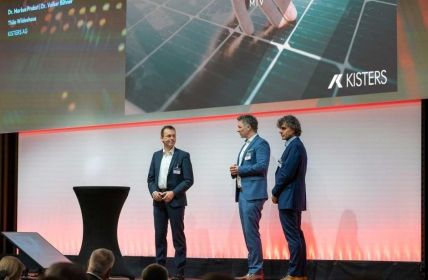DeNaLog “Digitalization and eCommerce in Sustainable Freight Logistics” is a qualification network funded by the FFG (Austrian Research Promotion Agency). Within this framework, experts from the University of Innsbruck make their knowledge in the field of logistics available to companies. The aim is to strengthen a sustainable exchange between science and business.
Table of Contents: What awaits you in this article
DeNaLog: Addresses the challenges of logistics
Logistics companies are currently facing major challenges. After the global collapse of logistics networks due to the Corona pandemic, the Ukraine war means that supply bottlenecks are expected. In addition, digitalization is advancing and the effects of climate change cannot even be estimated yet. This is where the qualification network DeNaLog, funded by the FFG, comes in. The project is coordinated by Univ.-Prof. Markus Mailer from the Intelligent Transport Systems department of the Institute of Infrastructure.
Companies benefit from know-how on future topics
Participating companies benefit from comprehensive know-how on future logistics topics. Various modules are offered: Green and Smart Logistic, Risk Management, Traffic Systems, Infrastructure and Regulations, Customer/Buyer/Shipper Behavior, Data Mining and Cyber Security and Safety, Logistician 4.0, Autonomous Driving, Platforms & Business Models, and Alternative Drive Systems.
The knowledge offering is generated by experts from the University of Innsbruck together with partners from FH Salzburg, FH Oberösterreich, Johannes Kepler University Linz, Thinkport Vienna – logistics innovation hub and V-Research GmbH. Markus Mailer explains, “We developed the entire offering in a core team with Prof. Veit Kohnhauser from FH Salzburg and Prof. Oliver Schauer from FH Upper Austria, who contribute valuable know-how and contacts.”
Participation of companies from a wide range of sectors
The corporate partners in FFG qualification networks are already involved in the application phase. The researchers were thus able to incorporate their expectations even before the workshops began. Elisabeth Stich, a staff member in the Intelligent Transport Systems work area, says: “The logistics sector is facing some pressing problems, first and foremost a shortage of skilled workers, but also challenges brought about by new technologies.” 17 logistics companies from a wide range of sectors with different requirements are part of the network in total.
Markus Mailer elaborates, “This ranges from the company Saubermacher, which is already using intelligent garbage cans for waste disposal, among other things, and wants to make better use of the data obtained in this way, for example in route planning, to large global freight forwarders such as Dachser, Berger Logistik, and DB Schenker. There is also great interest in the development of energy prices, what does CO2 taxation mean, how to react and deal with automation or new drive technologies?”
Current status from the research perspective is shared
From the 17 corporate partners, a total of more than 70 people are taking part in the workshops. These come from very different areas of the companies – from operations to senior management. The university partners come in on all the topics addressed, presenting the current status from a research perspective and sharing it for discussion.
“In many cases, however, we don’t want to and can’t present a conclusive opinion at all, as many things are still in flux there as well – for example, we also present different scenarios in the modules. For example, in the area of e-mobility, we had two impulses that both reflected possible expectations – one that reported very positively on opportunities and a second that looked very critically at problems, for example, in terms of charging infrastructure.”
Triple benefit is targeted
The basic modules began in the fall of 2021, somewhat delayed due to the pandemic. Currently, the first in-depth modules have started. The duration of the entire project is until the end of March 2023. “The goal is a triple benefit: First, the companies should benefit from concrete scientific input and also be able to put this into practice – initial feedback already shows us that this is the case.
From a scientific perspective, I can also already state that we benefit from dialog with practitioners. And thirdly, we are creating what we hope will be a sustainable network here that will sustainably promote the exchange between business and science in this field of the future.”
